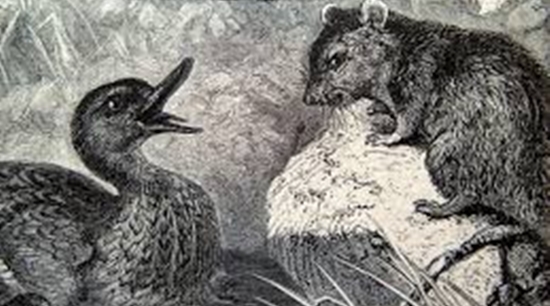
In their latest major attempt to crush expression that does not consist of CCP propaganda, the Chinese Communist Party and the Cyberspace Administration of China are devoting a special month-long campaign to censoring short videos that peddle “false information,” “inappropriate behavior,” and “misconceptions.”
Zhou Kexin observes that according to the CAC, “there is a ‘value-oriented anomie and excessive proliferation of harmful content in the field of short videos,’ which do not meet the real ‘spiritual and cultural needs of the people’ ” (Bitter Winter, December 15, 2023).
Many would agree that short videos may carry defamation or pornography. However, “false information” include “rumors related to people’s livelihood” and “tampering with, or taking out of context, official and authoritative information.” This means that, for example, revealing scandals such as the one of rat served as duck in a college canteen and lampooning the CCP’s reaction to the incident will be forbidden.
The author is mistaken if he means to imply that it is okay to cut the Party some slack when it acts to excise videos that it would call defamatory or pornographic.
The CCP will not be carefully and objectively defining what kind of “pornographic” or “defamatory” video is actually criminal in nature. For example, it regards any badmouthing of a CCP official (if still in favor) as “defamatory.” The officials of the Chinese Communist Party have no objective understanding of crime, of the nature of crime as such or criminality as such. If they did, and if they also accepted the implications of this understanding, they would have to declare the Party and themselves criminal and give up power.
Zhou believes that the “Internet chaos” that is the bane of Xi Jinping and other CCP central planners can never be tamed, and he is right. Zhou also believes that the CCP will never stop trying to tame it, and he is right.





